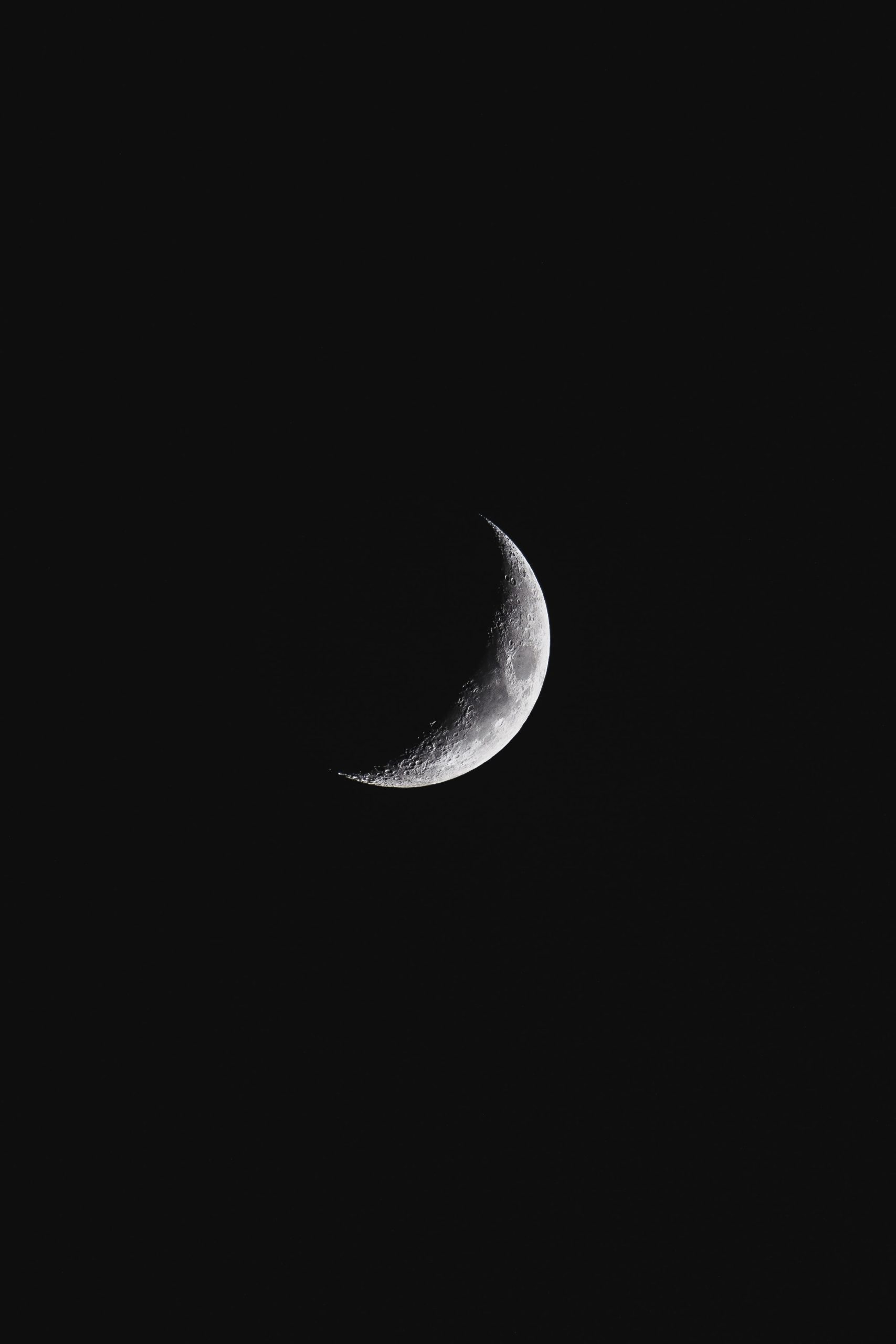Astrology in Quran and Hadith: Exploring the Beliefs and Teachings
Throughout history, humans have been fascinated by the stars, planets, and celestial events that fill the night sky. The study of astrology, which divines meaning and predicts events based on the alignment and movement of celestial bodies, has captivated numerous civilizations for centuries. However, in the realm of religion, the beliefs and teachings about astrology can vary significantly.
In Islam, the Quran and Hadith (the recorded sayings and actions of the Prophet Muhammad) serve as the primary sources of guidance for Muslims. Consequently, the discussion of astrology in these sacred texts has been a matter of interpretation and debate among scholars. In this blog post, we delve into the references to astrology in the Quran and Hadith, attempting to shed light on Islam’s stance on this ancient practice.
Astrology in the Quran
The Quran, revered by Muslims as the literal word of God, doesn’t provide extensive details on astrology. However, it does contain a few verses that touch upon celestial bodies and their significance. One such verse is found in Surah Yunus (Chapter 10, Verse 5): “It is He who made the sun a shining light and the moon a derived light and determined for it phases, that you may know the number of years and account [of time].” This verse acknowledges the role of the sun and the moon in measuring time, but it does not support the idea of predicting human destinies or personality traits based on astrological signs.
Additionally, another verse in Surah Al-Hijr (Chapter 15, Verse 16) mentions God’s creation of the constellations: “And We have certainly placed within the heaven great stars and beautified it for the observers.” While this verse acknowledges the beauty and wonder of the stars, it again does not endorse astrology’s predictive power.
Hadith and Astrology
The Hadith, which presents the teachings and actions of Prophet Muhammad, contains a few references to astrology. However, it’s essential to consider the context and understand the interpretation given by Islamic scholars to these narrations.
A well-known Hadith that touches on astrology is narrated by Abdullah ibn Abbas, one of Prophet Muhammad’s companions. He said, “The Prophet said: ‘Whoever learns astrology has learned a branch of sorcery, has learned a branch of sorcery, has learned a branch of sorcery.’” This Hadith suggests that astrology is associated with sorcery and is discouraged.
It is crucial to understand that sorcery, in Islamic teachings, is considered forbidden and goes against the concept of relying solely on God’s divine decree. Therefore, this Hadith can be interpreted as cautioning Muslims to avoid engaging in practices that manipulate or attempt to predict the future through astrology.
Islamic Scholars’ Perspectives on Astrology
Islamic scholars’ opinions on astrology vary, as they differ in their interpretations of the Quran and Hadith. While some scholars categorically condemn astrology as forbidden or Haram, others allow for its study as long as it remains within specific boundaries.
Those who view astrology as permissible argue that it falls under the realm of astronomy and the study of the natural world, rather than attempting to predict individual destinies. They emphasize the importance of distinguishing between the two disciplines and assert that Muslims should not rely on astrological predictions while making decisions.
On the other hand, scholars who deem astrology as forbidden argue that it conflicts with the belief in God’s divine decree (Qadr). They contend that astrology undermines the concept of free will and places undue faith in celestial bodies, thus potentially leading to shirk (associating partners with God).
Conclusion: Understanding Islam’s View on Astrology
Although the Quran and Hadith make only passing references to celestial bodies and do not explicitly address astrology in great detail, Islamic scholars have formulated diverse perspectives on the subject. While some perceive astrology as permissible within certain limits, others view it as forbidden due to its potential conflicts with Islamic beliefs.
Ultimately, Muslims are encouraged to focus on faith, seek knowledge, and rely on God’s guidance in all matters. Islam places great importance on personal responsibility, free will, and the belief in God’s ultimate control over destiny. Therefore, many scholars advise Muslims to refrain from relying on astrology for decision-making and instead place their trust in God alone.
In conclusion, the interpretation of astrology in the Quran and Hadith remains a matter of ongoing scholarly debate. While astrology continues to intrigue and captivate individuals, it is vital to approach the subject with a balanced understanding of Islamic teachings. By prioritizing faith, knowledge, and personal agency, Muslims can navigate the complexities of astrology while staying true to their religious principles.
Table of Contents
